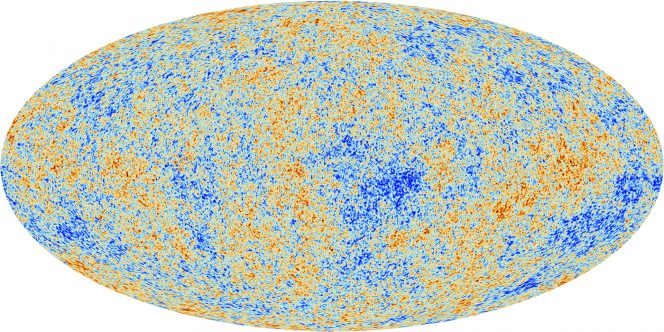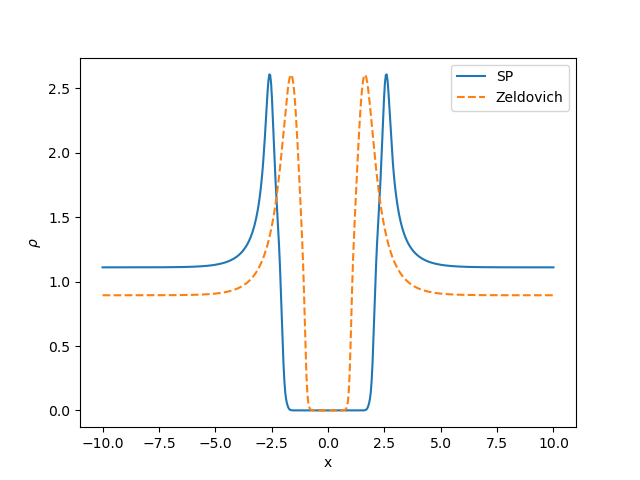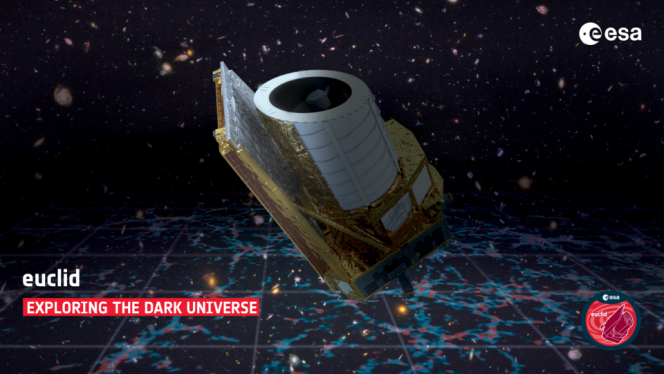Theoretical Cosmology: Large-scale Structure
My primary research interest is in cosmology and the large-scale structure of the Universe, specifically on theoretical models that try to account for the properties of the observable universe, including the cosmic microwave background and galaxy clusters. I also research cosmological models that feature magnetic fields, non-Gaussianity and asymmetries, as well as models based on theories of gravity other than Einstein's General Theory of Relativity.

1. Cosmic Anomalies. The current standard cosmological model fits most currently available cosmological observations, but some of this data suggests features that may require revisions or additions to the standard model in order to explain them. Among the questions being addressed by this research are: is there evidence of departures from the standard model in the Planck observations of the cosmic microwave background; and how can we resolve the apparent tension between different determinations of cosmological parameters (e.g. the Hubble constant) from different data sets?

2. Wave Mechanics and Large-scale Structure. This work investigates the application of an idea originally suggested by Widrow & Kaiser that involves representing the large-scale distribution of matter using a wave-mechanics, specifically using the Schrödinger-Poisson description. This approach has numerous technical advantages over the standard methods but is far less widely studied. We will be applying it to problems involving dark matter in the form of ultra-light particles as well as the problem of redshift-space distortions and velocity-density reconstruction.

3. Euclid. The European Space Agency's Euclid mission, launched in July 2023, is intended to better understand dark energy and dark matter by accurately measuring the acceleration of the universe using a number of complementary approaches. I am a member of the Euclid Consortium in which I participate in the Science Working Group on Galaxy Clustering, which is currently preparing to analyze data from the main survey. The analysis of data from Euclid will take many years after the survey is itself completed so this will become my main focus in the medium to long term.
